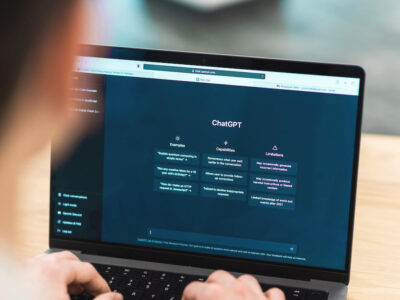Your work history plays a big role in shaping who you are. It influences your skills, confidence, and even how you see yourself. Jobs are more than just a way to earn money—they reflect your passions, struggles, and growth. Understanding your past work experiences can help you plan a brighter future. Whether you’ve had many jobs or just a few, every role adds something valuable to your story.
The Evolution of Jobs Over a Lifetime
Understanding Career Journeys
Most people don’t stay in the same job forever. Many try different roles or change careers completely. Some follow a straight path, while others take detours that lead to new skills and interests. Millennials, for example, often switch careers multiple times, seeking jobs that fit their passions better. This mix of jobs and gaps makes each career journey unique and full of learning.
Influencing Factors
Economic changes and new technologies affect the jobs available. During tough times, people may take jobs outside their field or start side gigs. The rise of the gig economy shows how many now juggle freelance work or temporary roles instead of traditional careers. Personal circumstances, like family needs, also influence career choices and timing.
The Role of Education and Skills Development
Starting out, your first jobs often teach you basic skills and work habits. These small positions can open doors to more advanced roles later. Lifelong learning is now a must — upgrading skills keeps careers moving forward. Many workers now switch industries or learn new trades to stay relevant and grow professionally.

Types of Jobs People Have Had
Entry-Level and Part-Time Positions
Many begin their careers in retail, restaurants, or internships. These roles give a taste of the working world. For example, working at a grocery store might teach customer service skills, which can help in many future jobs. Part-time jobs are also common for students balancing school and work.
Professional and Specialized Careers
Some jobs require special training or certificates, like healthcare, engineering, or teaching. These careers often involve more education but offer stability and growth. A nurse, engineer, or teacher helps build a community and makes a lasting difference.
Entrepreneurial and Freelance Work
More people are choosing to work for themselves. Starting a small business, freelancing, or consulting offers freedom and creativity. Examples include running an online store or helping clients with digital marketing. These roles can be exciting but need strong self-discipline.
Unconventional and Transition Jobs
Some find fulfillment in arts, activism, or seasonal work. These jobs might seem different but can boost confidence and passion. For instance, working as a volunteer or in the military teaches discipline and perseverance. Such roles often shape a person’s character and inspire future goals.

Benefits and Challenges of Diverse Job Experiences
Skills Acquired Through Different Jobs
Trying different roles builds useful skills. You learn to communicate clearly, solve problems, and adapt quickly. For example, working in retail improves your patience and people skills. These qualities translate well into managerial or leadership roles.
Overcoming Challenges
Changing industries, facing job insecurity, or taking breaks can be tough. The key is to keep improving your resume and stay connected through networking. Always be open to learning new skills and seek ways to grow. Challenges make you stronger and more versatile.
Enhancing Personal Growth
Working many jobs boosts confidence and independence. It helps you understand what you enjoy and where your talents lie. Many career coaches say embracing varied experiences leads to clearer goals and better opportunities. Each role adds a piece to your personal puzzle.

Reflecting on Your Work History – Why It Matters
Self-Assessment and Career Planning
Looking back at your past jobs shows what you’ve learned and what you might want next. Making a list of skills and experiences helps you see your strengths. It can spark ideas for your next career move or a new direction.
Building Your Narrative
Your diverse work history can be a powerful story during job interviews. Share how each role built your skills or taught you important lessons. Turning experiences into stories shows employers that you’re adaptable and eager to grow.
Appreciating Personal and Financial Development
Every job milestone, big or small, counts. Celebrate getting a promotion or learning a new skill. Recognizing these achievements keeps you motivated. Over time, a varied work history can lead to better financial stability and personal fulfillment.

Conclusion
Your past jobs are more than just a list—they are your story of growth and learning. Every role you’ve held shapes your skills, confidence, and future plans. Embracing your work journey helps you see your strengths and guides your next steps. Keep track of your experiences, reflect on what they’ve taught you, and use this knowledge to build a brighter career. Start today—document your history and take charge of your future.
Also Read: What Jobs Will I Do For Free In 2025?
Discover more from NoseyPepper
Subscribe to get the latest posts sent to your email.










Recent Comments